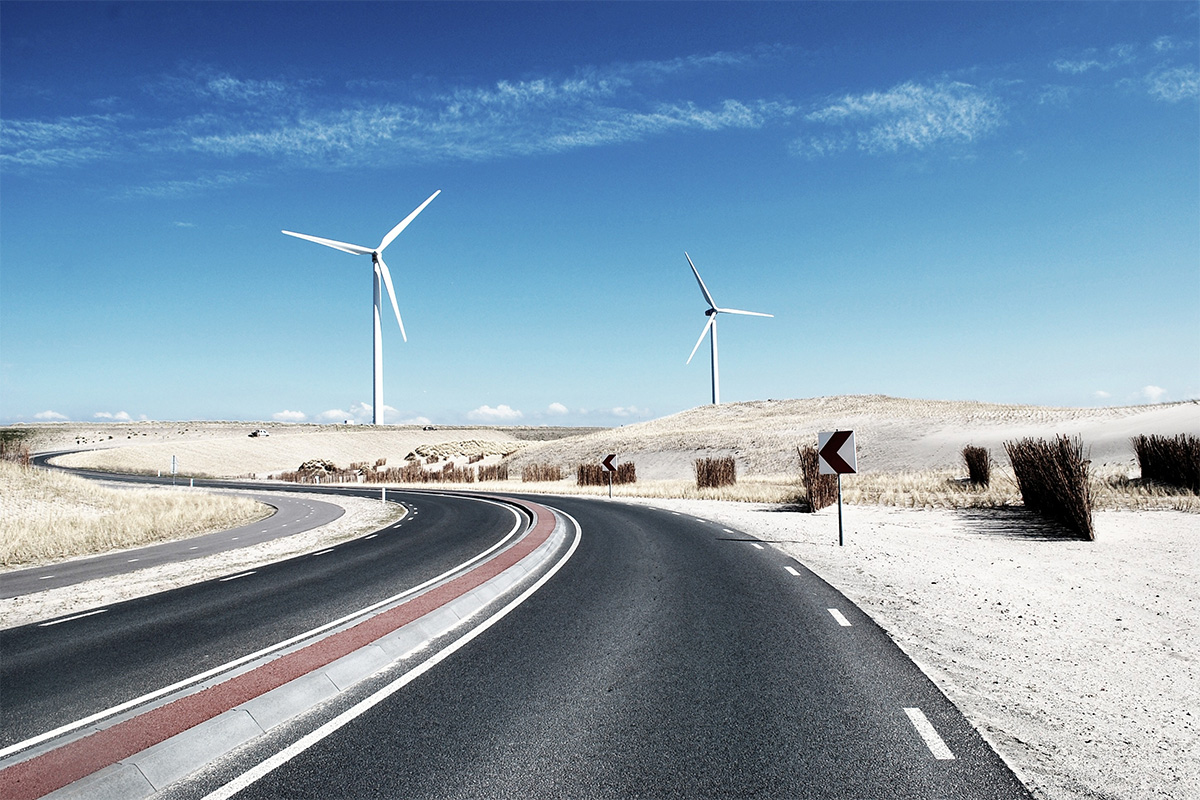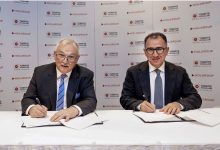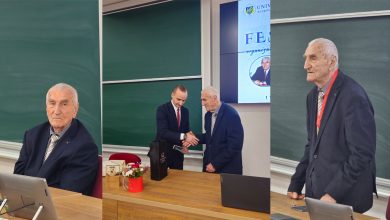Romania-Hungary cooperation on energy and infrastructure
Minister of Foreign Affairs, Teodor Melescanu, had a meeting on 5 February 2018, with the Hungarian Minister of Foreign Affairs and Trade, Péter Szijjártó, in Bucharest, during a working breakfast.
On this occasion, an exchange of views on the developments in the bilateral relationship and the perspectives of continuing the dialogue on subjects of common interest took place.
The Romanian party reiterated its commitment to the development of the bilateral relationship in the spirit of a real strategic partnership and based upon the mutual respect between the two neighbouring countries, members of the European and Euro-Atlantic area, as well as in accordance with the Strategic Partnership between the two countries.
At the same time, the emphasis on economic cooperation, including bilateral sectoral cooperation, was highlighted on the basis of ongoing projects in areas such as energy and infrastructure. With regard to energy cooperation, the importance of diversifying supply routes and sources was highlighted with a view to ensure energy security at regional and European level.
Hungary to secure gas supply from the Black Sea
The Romanian-Hungarian cooperation may bring a historical progress in terms of Hungary’s energy security, Péter Szijjártó stated after the meeting with Teodor Melescanu, the MTI Hungarian press agency informs.
The parties agreed that by 2020 Romania would create the necessary technical conditions for gas exports to Hungary and from 2022 it would be possible to transport a significant amount of gas produced in the Black Sea to Hungary, after the Hungarian companies contract the whole transmission capacity, of 4.4 billion cubic meters, of this route.
“It’s for the first time in the recent decades when Hungary can buy large amounts of gas from a new source, unrelated to Russia,” the Hungarian Foreign Minister showed.
The Romanian side has committed to build, by 2020, the compressors for allowing the delivery to Hungary of 1.75bcm of gas per year and extend the capacity by 2022, so that the Hungarian side can purchase 4.4 billion cubic meters of gas per year extracted by ExxonMobil and OMV.
The Government of Hungary has made the decision to build the missing pipeline section between the gas distribution point in Budapest and Vecsés, near the Capital. As the Hungarian-Slovak link will arrive in Vecsés, Hungary thus builds the missing portion of the North-South gas corridor, bringing its contribution for gas transmission to take place, in Central Europe, not only in the East-West direction, but also North-South, an extremely important aspect in terms of national security,” the Hungarian Foreign Minister explained.
According to Szijjártó, there is also an agreement reached by Hungary and Romania that the first high speed train, of TGV-type, be built between Budapest and Cluj-Napoca. He also announced that the Hungarian Government had approved a budget of one billion forints to conduct the feasibility study for the railway between Budapest and Cluj-Napoca. The Romanian side wishes to extend this line to Bucharest. “We have nothing against it,” Péter Szijjártó mentioned.
There is also an agreement on the ten small and temporary border crossing points, built on the border between Hungary and Romania, so that two of them can soon become permanently open, the legal and technical preparations necessary for this purpose being already initiated by the two governments, the Hungarian Foreign Minister announced.







